Our Sokcho Travel Essentials guide includes the basics and the details you need to make the most out of your holiday to this iconic Korean city in the Gangwon Province. You can learn about the local climate, the currency, emergency phone numbers, plug styles and more, as well as find out the best way to get into town and travel around once you're there.
To top it all off, you can learn about some of the most important events and landmarks in town, making it easy to plan a holiday adventure you'll never forget. This guide is the key to enjoying your holiday in Sokcho, one of Gangwon's coastal jewels.
When is the best time to travel to Sokcho?

- The climate in Sokcho varies significantly based on the month, with highs up to 29.3℃ degrees in the summer and lows around -4.2℃ degrees in January.
- Sokcho has a clear rainy season that peaks in July with about 27.4 centimetres of rain, and August is similarly rainy. Snow depth can be pretty significant in February, with an average of around 20.6 centimetres.
- The warmest months are July and August, reaching highs of nearly 30℃ and averaging around 27.6℃ or so.
- Visiting Sokcho around springtime will generally give you the best weather conditions, but it can be a bit crowded. Summer is the slowest travel season due to rains, but you can stay dry and avoid crowds by visiting during the winter if you don't mind the cold.
Sokcho basics
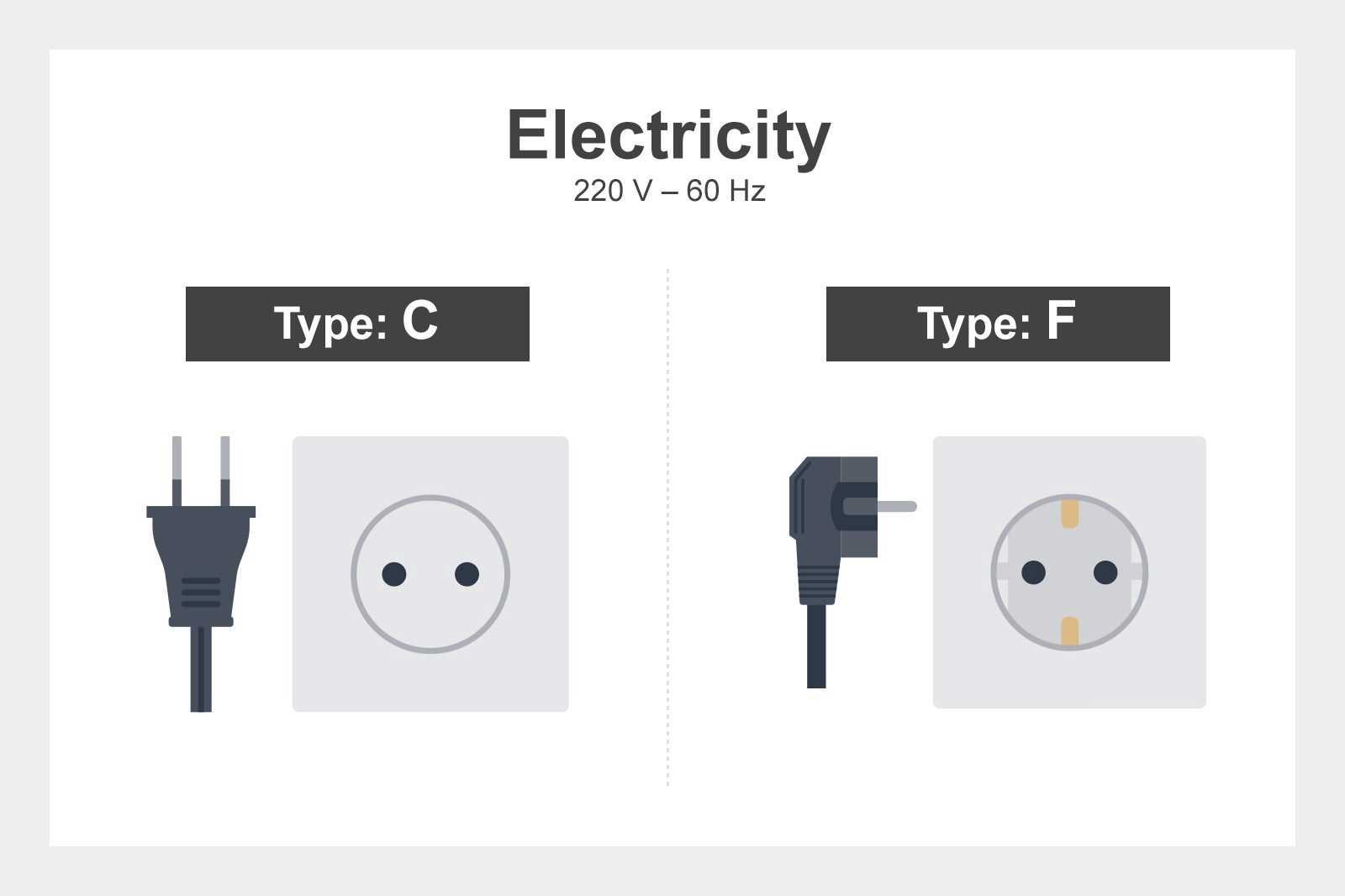
- Plug type: Sokcho uses Type C and Type F outlets, so you'll need an adapter for your electronics from the UK.
- Electricity: The standard voltage is 220 V at a frequency of 60 Hz.
- Currency: Sokcho uses the Korean won.
- International dialling code: The international dialling code for South Korea is +82.
- Emergency telephone number: You can dial 112 for police or 119 for fire and ambulance.
Auch interessant
- 5 Best Things to Do After Dinner in Sokcho
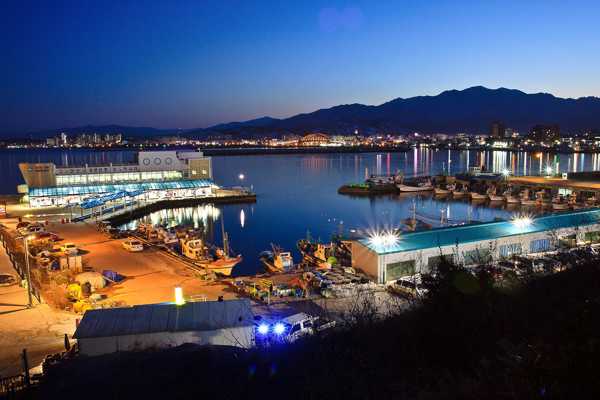
5 Best Things to Do After Dinner in Sokcho
South Korea - 9 Best Family Things to Do in Sokcho
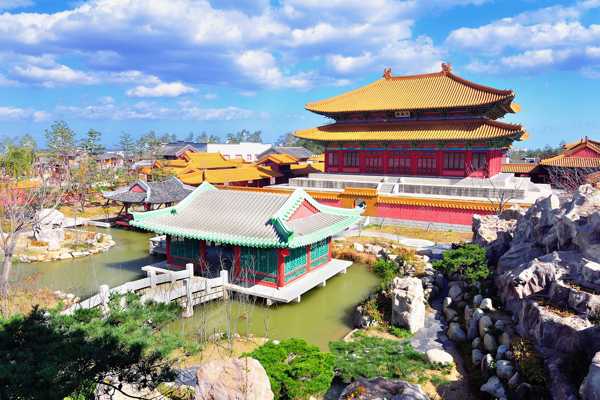
9 Best Family Things to Do in Sokcho
South Korea - 5 Best Things to Do for Couples in Sokcho
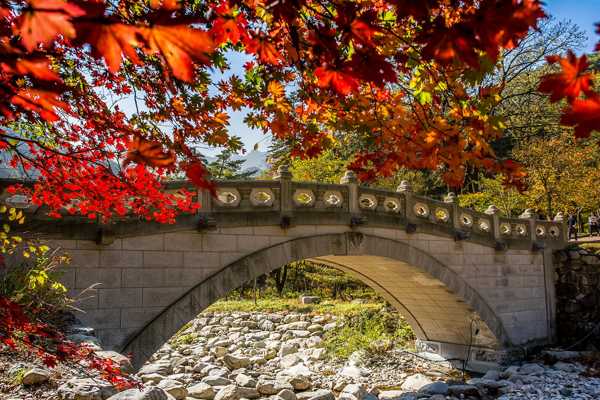
5 Best Things to Do for Couples in Sokcho
South Korea
How to get to my hotel in Sokcho?

Sokcho is a relatively quiet town compared to some other more popular destinations in South Korea, so you may have to work a bit to get there. Rest assured, however, that there's always a path available to your hotel, although it may involve a long bus ride or taxis. Fortunately, local travel is relatively inexpensive.
Airports
When you fly in, the closest you can get is Yangyang International Airport, which is about 15.2 kilometres away from Sokcho proper. Of course, Seolak Airport is just a little over a kilometre away, though it only serves domestic flights. This can be useful, however, if you plan on entering South Korea via Seoul.
Major train stations
Unlike most other cities in South Korea, there are no major train stations in Sokcho. The closest train station is in Gangneung to the south. From there, you'll have to take a bus the rest of the way.
Ports
You can take a ferry to the port of Sokcho if you're travelling from Zarubino, which is near Vladivostok on the east coast of Russia.
Foto von Jhoyg3 (CC BY-SA 3.0) bearbeitet
How to get around Sokcho?

Travel tips
Transport throughout Sokcho is quite limited, so you won't have to waste much time consdering your options. If you're not driving yourself, your options include a bus or a taxi, and that'll be plenty enough to hit all the major attractions in town. Make sure you take note of the bus routes in advance since they're not as frequent as you might expect from a Korean city. The city is somewhat large, but you can easily walk if you don't have that much ground to cover.
Underground system
Sokcho has no underground system to speak of. In fact, there aren't any trains at all, and the closest train station requires an hour-long bus ride south to Gangneung.
Taxi and rideshare apps
Taxis are one of the best ways to travel throughout Sokcho. Taxis are run by a variety of companies, but they all tend to be relatively affordable. You'll even find some that are specifically designed for travellers, offering convenient tours to Sokcho's top spots and a few other places in the wider Gangwon area. Rideshare apps, however, aren't readily available. South Korea is one of the few countries that have made an effort to block them due to pressure from the local taxi industry.
Bus network
While the bus network in Sokcho isn't quite as widespread and frequent as those of other Korean cities, it can get the job done. If you're looking to hit the town's highlights, the 7 and 7-1 city buses are all you need, and they both depart from the intercity bus terminal. These are the buses that can get you to Seoraksan National Park, the city's most popular attraction.
Car hire
Driving yourself is one of the best ways to get around Sokcho. To self-drive, you'll need a valid local driving licence and a valid International Driving Permit. Car hire is available to drivers 21 and older who have been licenced for at least a year, and they generally require drivers to present a passport and credit card. Plenty of parking is available around town as well.
Bike hire
Bike hire is available throughout Sokcho, and you'll find that the city is quite friendly to cyclists, offering plenty of room to ride throughout. Just keep in mind that it may take quite a bit of effort to see everything Sokcho has to offer when you have to pedal yourself along.
What are the main annual events in Sokcho?

Seorak Culture Festival
- When: October
- What: This culture festival is designed to celebrate the fusion of modern life and traditional Korean folk culture, and you'll find plenty of events to go with it. Given the prominence of the sea and mountain here, a climbing competition, a ship-dragging competition and a fishing competition are all held during the festival. Squid dishes are also popular during the celebration.
- Where: Throughout the city
Sokcho Summer Festival & Sokcho Beer Shower Festival
- When: July
- What: This festival features several live concert performances by artists from multiple genres performing on outdoor stages by the beach. Additionally, a number of breweries show off their latest and greatest brews, and there are some games and food to go along with it all.
- Where: Sokcho Beach Main Gate Square
Sokcho Light Festival Cheongcho Hwanhee
- When: November
- What: Incredible light arrangements are set up to delight visitors in a dance of sights and sounds with interactive colouring and more special features that tend to differ every year. These LED installations last for 3 days and show off impressive and newly developing light technologies.
- Where: Cheongcho Lake Park
Foto von Steve46814 (CC BY-SA 3.0) bearbeitet
What are the main landmarks in Sokcho?

Yeonggeumjeong Pavilion
The Yeonggeumjeong Pavilion sits atop a flat rock that overlooks the sea, offering stunning views of the water along with easy access to the nearby Sokcho Lighthouse. The flat rock is connected to a bridge that goes over the sea, so you can look down onto the beach. Here, you can find great opportunities to catch a sunrise whether you want to capture the ultimate photo or simply enjoy the sight on your own.
Seoraksan Cable Car to Gwongeumseong Fortress
The Gwongeumseong Fortress is a stunning historic ruin where you can see what's left of the iconic castle on Seoraksan Mountain, but the path up is steep and rocky. Fortunately, you can bypass that entirely with a convenient cable-car ride that offers impressive views of the natural scenery along the way. It departs every 7 minutes.
Sinheungsa Temple
Sinheungsa Temple is an important Buddhist temple of the Jogye Order where you can explore historic architecture as well as the Great Unification Buddha Tongil Daebul. This bronze Buddha is a 14.6-metre statue crafted with intricate details that will make you feel dwarfed in comparison yet somehow never intimidated.
Abai Village
Abai Village is a fun destination within Sokcho where you'll find quite a few things to do. You can learn more about the local history by visiting the Sokcho City Museum, though the village itself is more popular with travellers looking to try the iconic Abai Sundae. This dish consists of a squid stuffed with tofu, vegetables, clear noodles and more squid. Additionally, this is one of the best places in town for some Naengmyeon, a North Korean cold noodle dish.
Dieser Artikel enthält Meinungen und Ansichten des Redaktionsteams von Go Guides. Die Autoren der Artikel, die auf dieser Website veröffentlicht werden, erhalten von Hotels.com eine Vergütung, die Reisekosten und andere Kosten enthalten kann.
Plant eure Reise
Verwandte Themen
- 5 Best Things to Do After Dinner in Sokcho

5 Best Things to Do After Dinner in Sokcho
South Korea - 9 Best Family Things to Do in Sokcho

9 Best Family Things to Do in Sokcho
South Korea - 5 Best Things to Do for Couples in Sokcho

5 Best Things to Do for Couples in Sokcho
South Korea - 9 Best Places Where Locals Love to Go in Sokcho

9 Best Places Where Locals Love to Go in Sokcho
South Korea - 10 Best Things to Do in Sokcho

10 Best Things to Do in Sokcho
South Korea - 8 Places Where Locals Love to Eat in Sokcho
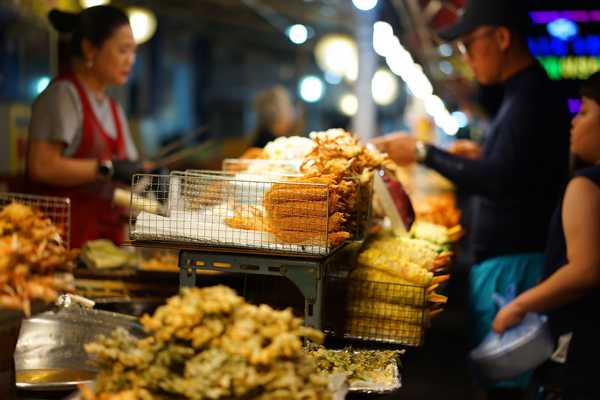
8 Places Where Locals Love to Eat in Sokcho
South Korea - 10 Best Free Things to Do in Sokcho
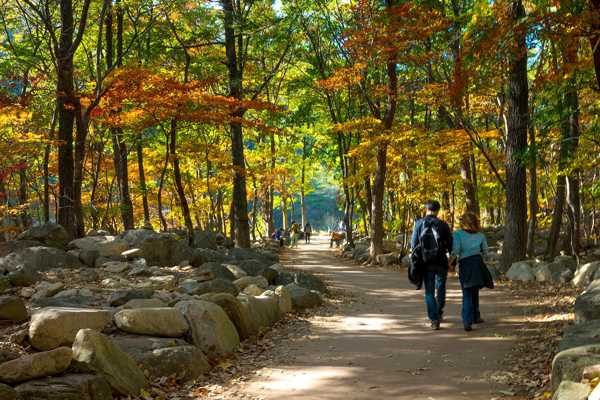
10 Best Free Things to Do in Sokcho
South Korea - 5 Great Restaurants in Sokcho
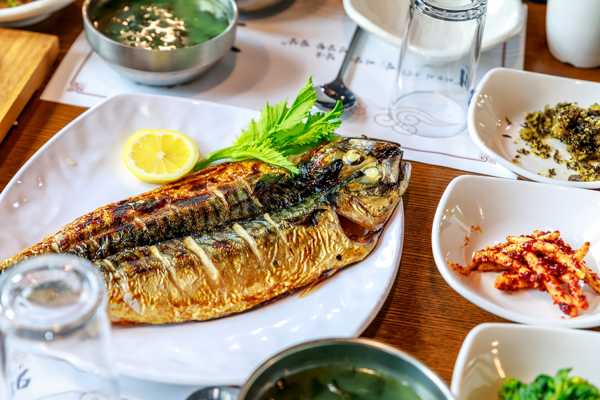
5 Great Restaurants in Sokcho
South Korea
